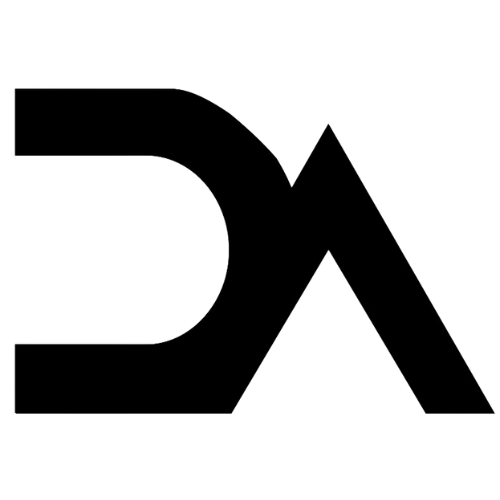Executive Summary
What Saudi Arabia’s Transformation Means for European Firms
Why Now (Not Later)
A Brief for Expansion Leaders
A field-tested analysis of the most common entry pitfalls and the practical insights that keep global firms compliant, credible, and operational in the Kingdom.
Write your awesome label here.
Want to Enter KSA?
Strategic Questions European Executives Should Ask
Demand–Capability Fit
Which Vision-aligned programs explicitly require our capability? Where are we an obvious “category fit” vs. a niche add-on?
Proof & Positioning
What proof points (clients, audits, certifications, safety, ESG) matter most to Saudi buyers in our category?
Localization Posture
What level of local value-add, knowledge transfer, or supply assurance will we likely be asked to demonstrate?
Partnership Logic
What type of Saudi partner (distributor, integrator, co-developer) best complements our strengths?
Commercial Patience
Are we prepared for enterprise timelines, phased rollouts, and reference-building before scale?
Governance & Brand
How do we protect brand integrity while aligning with local expectations and long-term relationships?
How we Help?
I’m Tomas Chatila. I grew up in Saudi Arabia, with Lithuanian–Lebanese roots, and I bridge foreign decision-makers with credible Saudi partners. At Desatmos, our role is to educate, contextualize, and de-risk decisions for European firms through:
Chat with Tomas
Briefing
Executive briefings tailored to your sector
Mapping
Demand mapping against Vision-aligned initiatives
Ecosystem
Partner landscape orientation (who does what; where your fit is strongest)
Calibration
Messaging calibration for Saudi enterprise buyers
3,000+ professionals trust Desatmos to train and enhance their B2B sales skills.
Write your awesome label here.
FAQ
Latest from our blog
Never miss the news
Stay updated | Stay current | Stay connected
Thank you!

